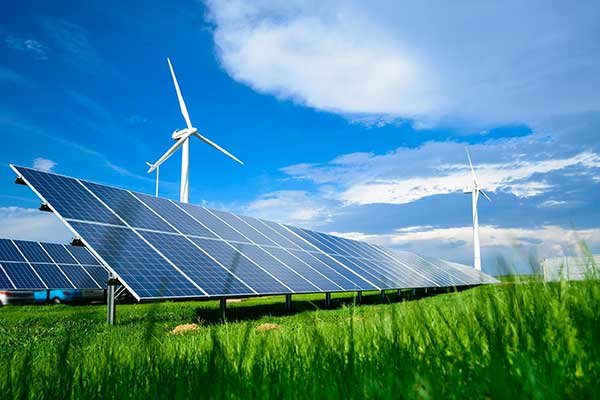As the global community grapples with the urgent need to address climate change and reduce greenhouse gas emissions, Renewable Energy Technologies (RETs) have been heralded as the cornerstone of a sustainable energy future. The allure of solar, wind, hydro, biomass, geothermal, and ocean energy lies in their promise to harness the inexhaustible power of natural processes, offering a seemingly infinite source of clean energy. However, this optimistic narrative belies a more nuanced reality—one where the environmental credentials of RETs are not as unblemished as they might appear at first glance. To fully understand the ecological implications of these technologies, we must turn to Life Cycle Assessment (LCA), a methodology that examines the environmental impacts of a product or system across its entire lifespan.
The Environmental Implications of Renewable Energy Technologies
At the heart of the appeal of RETs is their potential to significantly reduce dependence on fossil fuels, thereby diminishing carbon emissions and combating global warming. Yet, this transition to renewable sources entails a complex array of environmental trade-offs, primarily due to the extraction and processing of the natural resources required to build and maintain renewable energy infrastructure. From the rare earth metals vital for wind turbine magnets to the silicon used in photovoltaic solar panels, the demand for minerals and metals is surging, bringing to light concerns over resource depletion, habitat destruction, and pollution.
Unveiling the Lifecycle of Renewable Energy
LCA offers a comprehensive framework for assessing the environmental impacts associated with the various stages of a renewable energy system’s life cycle, from raw material extraction through to manufacturing, operation, and end-of-life disposal or recycling. This holistic approach enables the identification of potential environmental hotspots, where interventions can yield significant reductions in overall impact. For example, the manufacturing phase of solar panels is energy-intensive and involves the use of hazardous chemicals, whereas wind energy projects can lead to biodiversity loss and habitat fragmentation during both construction and operation.
The Role of LCA in Advancing RETs
By illuminating the full spectrum of environmental impacts associated with RETs, LCA studies serve as a crucial tool for stakeholders across the energy sector. They provide a factual basis for identifying the most environmentally friendly options for energy generation, informing policy decisions, and guiding research and development efforts toward minimizing ecological footprints. For instance, advances in recycling technologies could alleviate the pressure on virgin materials, and innovations in energy storage could enhance the efficiency and reliability of renewable energy systems.
Furthermore, LCA can help in refining renewable energy policies by highlighting the importance of considering not just the carbon footprint of energy technologies, but also their broader environmental and social impacts. This could lead to the development of more comprehensive sustainability criteria for energy projects, encompassing aspects such as biodiversity conservation, water use, and social equity.
Overcoming Challenges and Embracing Opportunities
The application of LCA to RETs is not without challenges. The variability of natural resources, technological diversity, and regional differences in environmental impacts necessitate context-specific assessments that take into account local environmental conditions and constraints. Moreover, the dynamic nature of technology development means that LCAs must be regularly updated to reflect the latest advancements and efficiencies.
Despite these challenges, the insights gained from LCA studies are indispensable for navigating the environmental paradox of renewable energy. They underscore the need for a balanced approach that recognizes the essential role of RETs in mitigating climate change while also striving to minimize their environmental footprint through technological innovation, policy reform, and sustainable resource management.
Towards a Truly Sustainable Energy Future
The transition to renewable energy is an essential component of global efforts to combat climate change. However, as we embark on this journey, it is imperative to remain vigilant about the environmental trade-offs involved. Life Cycle Assessment offers a valuable lens through which to evaluate and improve the sustainability of Renewable Energy Technologies, ensuring that our pursuit of clean energy does not come at the expense of the planet’s health. By embracing the complexity of these challenges and committing to continuous improvement, we can forge a path toward a future where energy is not only renewable but truly sustainable in the broadest sense of the word.
Also, read more at “kiendel.com“
